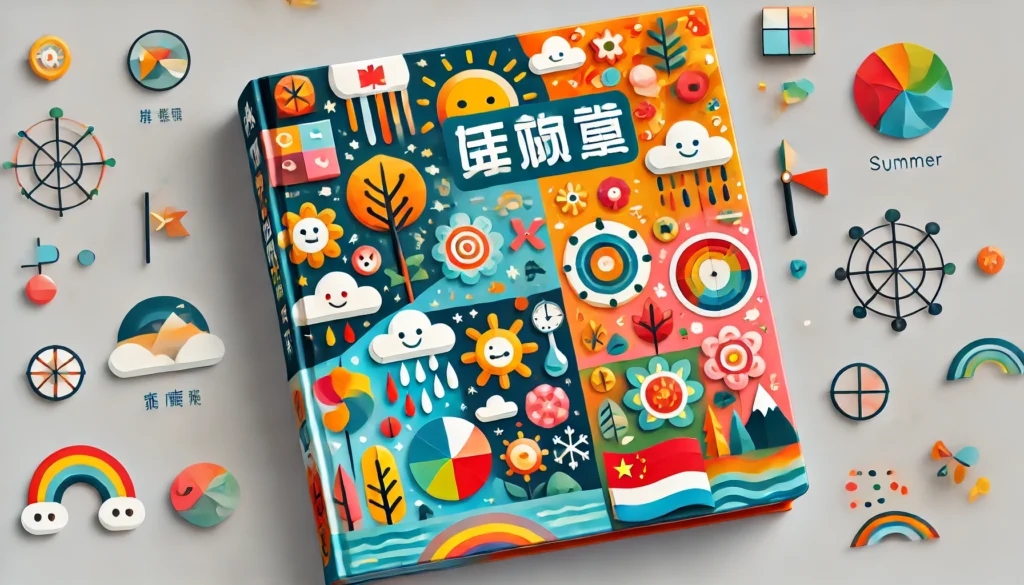Seasons in Chinese
Learning about seasons in Chinese is not only essential for effective language acquisition but also offers cultural insights and practical knowledge for everyday conversations. Understanding how to talk about the different seasons in Chinese allows learners to engage in discussions about weather, activities, and traditions, making it a valuable topic to explore.
Importance of Learning Seasons in Chinese
1. Cultural Understanding: Seasons play a significant role in Chinese culture, influencing festivals, cuisine, and daily life. By learning about the seasons in Chinese, learners can deepen their understanding of Chinese traditions and customs.
2. Practical Communication: Being able to discuss seasons in Chinese enables learners to engage in small talk, make plans, and express preferences related to weather and seasonal activities.
How to Learn Seasons in Chinese
1. Vocabulary Building: Start by learning the Chinese characters and pronunciation for each season: spring (春天 – chūn tiān), summer (夏天 – xià tiān), autumn (秋天 – qiū tiān), and winter (冬天 – dōng tiān).
2. Practice Speaking: Use the seasons vocabulary in daily conversations or practice dialogues to reinforce your learning. You can also listen to native speakers or watch videos discussing seasonal activities in Chinese.
3. Cultural Immersion: Immerse yourself in Chinese culture by participating in seasonal celebrations, trying seasonal foods, or watching Chinese films or TV shows that showcase different seasons.
Examples of Seasons in Chinese
- Spring: 春天 (chūn tiān) – Flowers bloom, and the weather gets warmer.
- Summer: 夏天 (xià tiān) – Hot weather, perfect for swimming and enjoying ice cream.
- Autumn: 秋天 (qiū tiān) – Cool breeze, harvest season, and colorful leaves.
- Winter: 冬天 (dōng tiān) – Cold weather, snow, and holiday season.
Learning about the seasons in Chinese can be both educational and enjoyable. To make the learning process more fun, consider incorporating the following techniques:
- Seasonal Activities: Engage in seasonal activities while practicing Chinese vocabulary related to each season.
- Memory Games: Create flashcards with seasonal words in Chinese and play memory games to improve retention.
- Language Exchange: Find language exchange partners to practice discussing seasons in Chinese and learn about seasonal traditions firsthand.
By incorporating these methods and embracing the cultural significance of seasons in Chinese, learners can enhance their language skills while gaining valuable insights into Chinese culture and customs.

春天(Spring)
–

夏天(Summer)
–

秋天(Autumn)
–

冬天(Winter)
–

